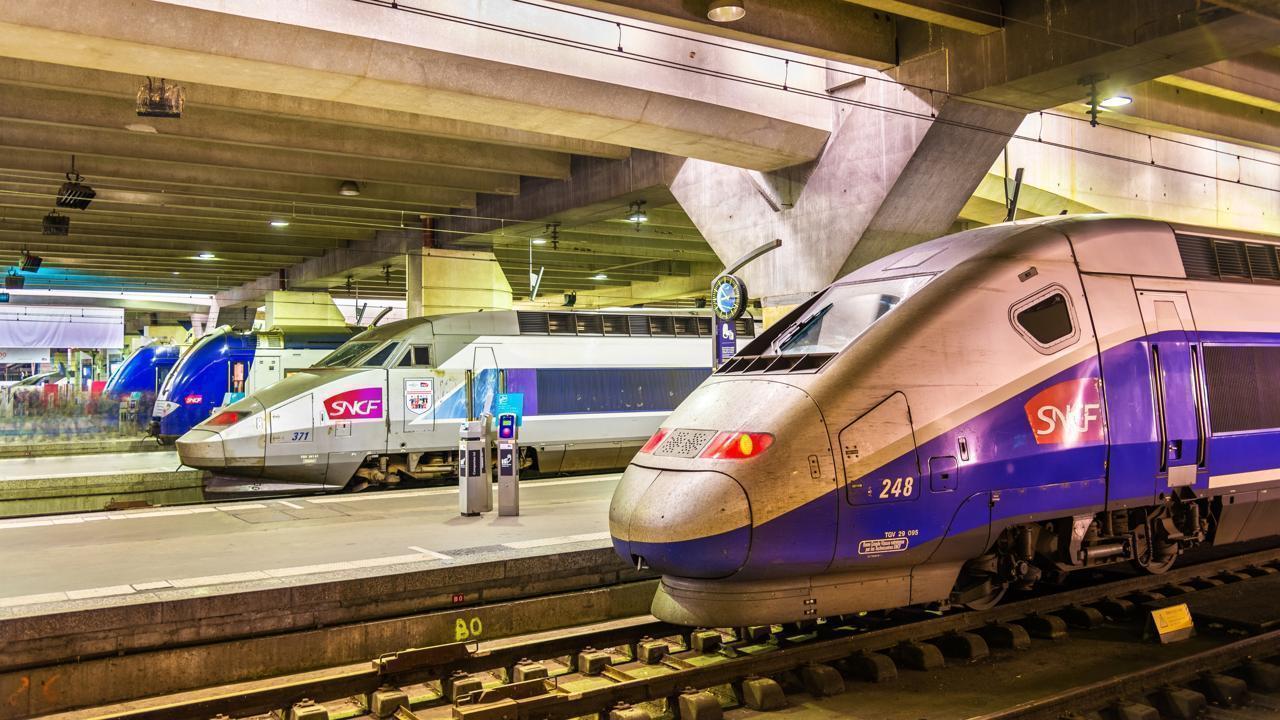
Post by : Amit
Historic Shift in France’s Rail Industry
France’s iconic national railway operator, SNCF (Société Nationale des Chemins de fer Français), is experiencing a pivotal moment as new competitors prepare to enter the country’s rail market. This marks one of the most significant liberalization moves in French rail history, ending decades of SNCF’s near-monopoly and introducing fresh choices for passengers and freight customers alike.
As the European Union’s rail liberalization policies take full effect, France is embracing competition to boost service quality, increase efficiency, and reduce fares. This transformation promises to reshape the French rail landscape, offering travelers more options and injecting new life into a sector that has traditionally been dominated by a single state-owned giant.
EU Rail Liberalization Policies
The European Union has long championed the opening of national rail markets to competition as part of its broader strategy to promote sustainable transport and economic efficiency. Directives and regulations have mandated member states to separate infrastructure management from train operations and allow third-party operators access to rail networks under fair conditions.
France’s implementation of these reforms has been gradual but steady, culminating in the full liberalization of domestic passenger rail services in January 2025. This means that any qualified rail company can now operate on French tracks, subject to safety and licensing regulations, breaking SNCF’s historic exclusive hold on domestic passenger rail.
New Entrants Poised to Challenge SNCF
Several new operators have signaled their intent to compete with SNCF on various routes across France. These include both established European rail firms and innovative startups with ambitious growth plans. Companies such as FlixTrain, Trenitalia (Italy’s national rail operator), and Spain’s Renfe are preparing to launch services in the coming months.
FlixTrain, a subsidiary of the German mobility company FlixMobility, aims to introduce low-cost, flexible rail travel on major corridors connecting cities like Paris, Lyon, and Marseille. Trenitalia, leveraging its high-speed train experience, plans to offer alternative journeys on high-demand routes, targeting commuters and tourists alike. Renfe is eyeing cross-border services linking France and Spain, enhancing international connectivity.
Benefits for Passengers and the Economy
The arrival of new competitors is expected to bring several benefits to French rail customers. Increased competition often drives innovation, improved customer service, and competitive pricing. Passengers can anticipate more frequent trains, modernized rolling stock, and digital booking platforms with enhanced user experiences.
From an economic standpoint, competition can stimulate investment in rail infrastructure and services, create jobs, and boost tourism. By diversifying the operator base, France may also attract private capital and expertise, helping to modernize a network that serves hundreds of millions of passengers annually.
Challenges for SNCF and the French Rail System
While the liberalization offers growth opportunities, it also presents significant challenges for SNCF. The company must adapt quickly to a competitive environment, requiring improvements in efficiency, cost control, and customer focus. SNCF’s legacy operations have been criticized for bureaucratic inertia and underinvestment, issues it now needs to confront.
Moreover, infrastructure usage charges paid by operators to network managers, such as SNCF Réseau, introduce new cost dynamics that SNCF must optimize to stay competitive. Balancing service quality with profitability will be critical as the company faces pressure on fares and market share.
Infrastructure Access and Regulation
The success of the liberalization depends heavily on fair and transparent infrastructure access. SNCF Réseau, the entity responsible for managing France’s rail infrastructure, must ensure non-discriminatory track access for all operators, including its former parent company SNCF Mobilités.
Regulators will monitor capacity allocation, pricing, and dispute resolution to prevent anti-competitive practices. Maintaining infrastructure quality amid rising traffic volumes and diverse operator needs is a complex task that will require increased investment and coordination.
Regional and High-Speed Rail Implications
Competition is expected to affect different segments of the rail market in varying ways. High-speed services (TGV) that have been SNCF’s flagship offerings may see new entrants vying for passengers on profitable corridors such as Paris-Lyon, Paris-Marseille, and Paris-Bordeaux.
Regional rail services, often subsidized by local authorities, may also open to private operators. This could improve connectivity in underserved areas and promote economic development. However, maintaining affordability and coverage remains a policy priority to avoid social exclusion.
Freight Rail Market Liberalization
Beyond passenger services, the freight rail sector in France is also becoming more competitive. New logistics companies and international operators are entering the market, seeking to capitalize on growing demand for rail freight as a sustainable alternative to trucking.
SNCF’s freight division, SNCF Logistics, faces competition on key corridors linking French ports and industrial hubs. Enhanced competition is anticipated to lower costs and improve service reliability for freight customers, supporting France’s environmental and economic goals.
Public and Political Reactions
Liberalization has elicited mixed reactions within France. Proponents emphasize that competition will modernize the rail system, increase ridership, and reduce public subsidies. They argue that opening markets stimulates innovation and customer choice, essential for the sector’s long-term viability.
Opponents, including some labor unions and regional politicians, express concerns about potential job losses, service fragmentation, and the weakening of a national public service. SNCF remains a major employer and symbol of French national pride, adding emotional weight to the reform debate.
Innovation and Sustainability
To succeed in this new environment, operators will need to focus on innovation. This includes adopting digital technologies for ticketing, real-time passenger information, and operational efficiency. Environmentally, shifting passengers from cars and planes to trains will be key to meeting France’s climate commitments under the Paris Agreement.
The introduction of greener rolling stock, such as battery-electric and hydrogen trains, aligns with broader EU initiatives to decarbonize transport. Collaborative efforts between operators, infrastructure managers, and policymakers will be essential to deliver seamless, sustainable rail services.
What Passengers Can Expect Next
For travelers, the coming months and years will bring tangible changes. New ticketing platforms may emerge, fares could become more competitive, and service frequency might increase on key routes. Passengers may also experience more modern trains equipped with Wi-Fi, improved accessibility features, and enhanced comfort.
Additionally, new entrants could introduce innovative service models such as dynamic pricing, integrated mobility options, and customer loyalty programs. However, travelers should also be prepared for a transition period where coordination among multiple operators and legacy systems may cause initial teething problems.
European Rail Liberalization in Context
France’s rail market liberalization is part of a broader European trend. Countries like Germany, Italy, Sweden, and the UK have progressively opened their rail sectors to competition, yielding mixed results but generally increasing ridership and service innovation.
Lessons learned from these markets will inform France’s approach, helping to avoid pitfalls such as service fragmentation or loss of public control. Coordinated EU-level policies aim to harmonize safety standards, infrastructure charges, and passenger rights across member states, supporting integrated cross-border rail services.
A New Chapter for French Rail
The end of SNCF’s passenger rail monopoly marks a defining moment in France’s transport history. While challenges remain, the arrival of new competitors promises to invigorate the rail sector, offering passengers more choice, better service, and greener travel options.
How SNCF adapts to this competitive landscape will be closely watched by industry observers and policymakers across Europe. Ultimately, the success of liberalization will be measured by improved accessibility, affordability, and sustainability of rail travel for millions of French citizens.
As France embraces this new era, it sends a strong signal that the future of rail transport lies in innovation, competition, and environmental stewardship—a vision that aligns with Europe’s broader goals for a connected, climate-neutral continent.
SNCF competition, Rail liberalization, French rail

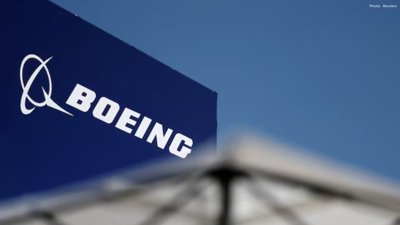

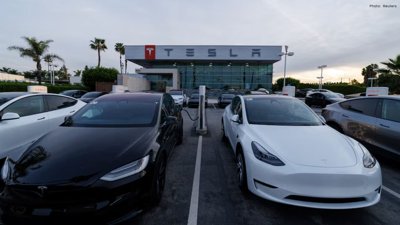
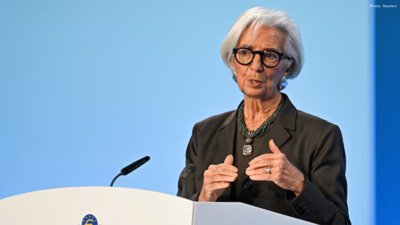

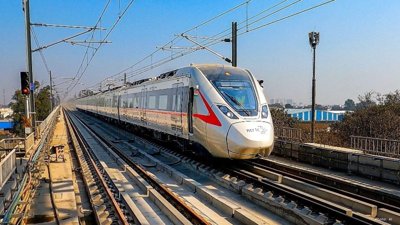



Advances in Aerospace Technology and Commercial Aviation Recovery
Insights into breakthrough aerospace technologies and commercial aviation’s recovery amid 2025 chall

Defense Modernization and Strategic Spending Trends
Explore key trends in global defense modernization and strategic military spending shaping 2025 secu

Tens of Thousands Protest in Serbia on Anniversary of Deadly Roof Collapse
Tens of thousands in Novi Sad mark a year since a deadly station roof collapse that killed 16, prote

Canada PM Carney Apologizes to Trump Over Controversial Reagan Anti-Tariff Ad
Canadian PM Mark Carney apologized to President Trump over an Ontario anti-tariff ad quoting Reagan,

The ad that stirred a hornets nest, and made Canadian PM Carney say sorry to Trump
Canadian PM Mark Carney apologizes to US President Trump after a tariff-related ad causes diplomatic

Bengaluru-Mumbai Superfast Train Approved After 30-Year Wait
Railways approves new superfast train connecting Bengaluru and Mumbai, ending a 30-year demand, easi